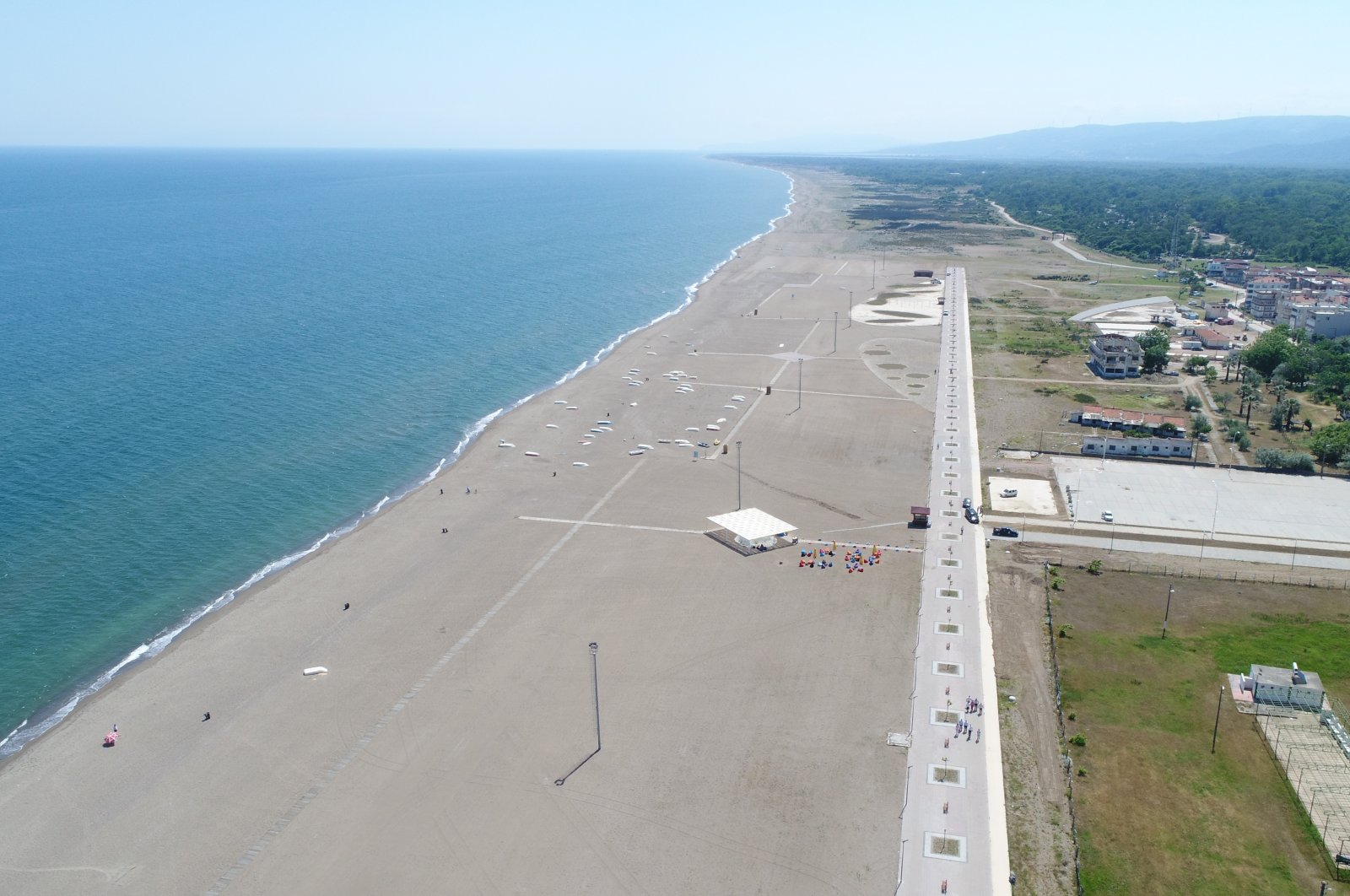
A surge in the population of pinna, a type of mussel with natural filtration capabilities, has offered a glimmer of hope for the troubled ecosystem amid the mucilage threat that plagued the Marmara Sea in 2021.
According to experts, there has been a remarkable surge in the population of pinna, which is known for its capacity to filter up to six liters of water per hour.
The resurgence of pinna, which are protected to combat mucilage and ensure their continued existence, has been steadily gaining momentum. Professor Mustafa Sarı at Bandırma Onyedi Eylül University has confirmed that an unprecedented average of 70 pinna per 100 square meters can now be found in the sea, signaling a promising milestone.
The expert emphasized that the Marmara Sea boasts the world's most substantial deposits of these remarkable creatures. Sarı maintains that if the waste load in the sea can be reduced by 60%, it could potentially return to its pre-mucilage state within a five-year span.
"To achieve this goal, we must diligently address both domestic and industrial waste originating from numerous industrial facilities. Our success hinges on protecting this organism, which has the incredible ability to filter six liters of seawater in just one hour," he stressed.
Sarı also shed light on the pinna's growth potential. "During their lifetime, pinna typically reach an average length of 120 centimeters. However, in the past, we've only encountered pinna measuring between 40 and 50 centimeters in this region. More recently, we've observed pinna as long as 70 centimeters, signifying robust growth and their potential for long-term survival," he remarked.
Highlighting a recent concern, Sarı discussed the commencement of intense fishing activities on Sept. 1, coinciding with the end of the seasonal fishing ban.
"Since 1950, the fishing season has consistently begun on Sept. 1 and ended on April 15. This practice has endured for nearly 70 years. I firmly believe that fishing dates should be reevaluated considering climate change, the state of our seas, and the condition of fish stocks," he highlighted.
